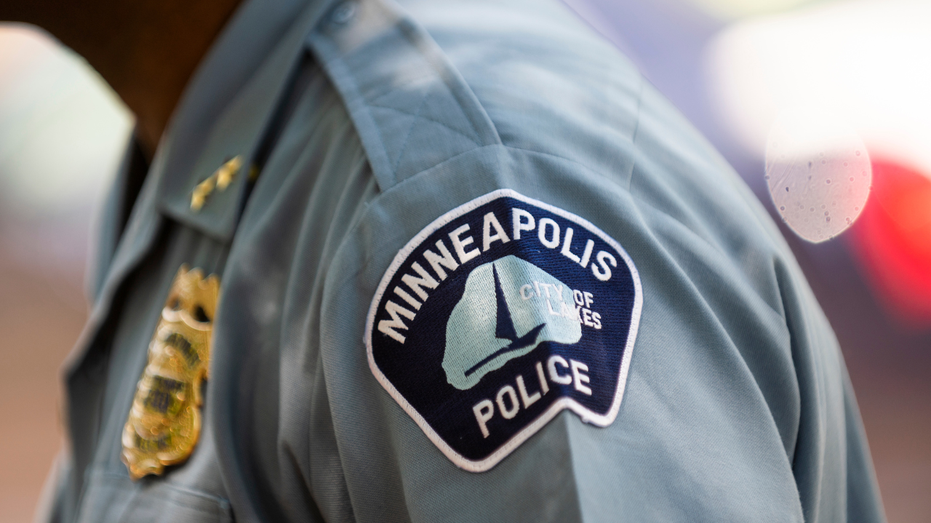Biden admin and Minneapolis agree to police changes, questions loom over whether Trump will strike them down
The Biden administration secured an agreement to implement police reforms in Minneapolis ahead of President-elect Donald Trump's inauguration.
The consent decree agreement Monday with the Minneapolis Police Department follows a similar decree that the department agreed upon with Louisville, Kentucky, police last month. The agreements follow the Biden administration's initiation of 12 investigations in 2021, which probed possible "pattern or practice" of civil rights abuses by police departments around the country following the anti-police riots that took place after the death of George Floyd in 2020.
Both decrees await approval by the courts. The 171-page Minneapolis agreement would overhaul the city's police training and use of-force-policies, while requiring officers to "promote the sanctity of human life as the highest priority in their activities." The decree also mandates that officers must not allow race, gender or ethnicity "to influence any decision to use force, including the amount or type of force used."
Other elements of the Minneapolis agreement include bolstering protections for protesters, new data collection requirements aimed at reducing racial discrimination, guidelines restricting officers from going after fleeing subjects, new interrogation requirements, a mandate against racial profiling in investigations, traffic stop reforms and more.
Assistant Attorney General Kristen Clarke of the Justice Department's Civil Rights Division was asked repeatedly during a Monday press conference from Minneapolis whether the Trump administration could derail the agreement.
"I can’t predict the future," Clarke said. "What I can tell you is that the findings we identified in Minneapolis are severe. These are real issues that impact people’s lives. The community wants reform. The city wants reform, the police department wants reform, and the Justice Department stands here today as a full partner in the effort of achieving reform and transformation for this community."
BIDEN DOJ OPPOSES COURT DECISION ALLOWING DEREK CHAUVIN CHANCE TO EXAMINE GEORGE FLOYD'S HEART
Meanwhile, in an email to constituents, Minneapolis City Council Member Robin Wonsley said she has no faith that the incoming Trump administration will be a "serious partner" in supporting the recently agreed-upon consent decree.
A similar consent decree agreed upon by the Biden administration and the Loisville police roughly three weeks ago also compels the department to revise its use-of-force policies, places new restrictions around traffic stops and police searches, and challenges how law enforcement deals with protesters.
A local police union in the city is challenging the reforms, calling on a judge not to approve the agreement. Meanwhile, the conservative Heritage Foundation has argued that the point of the consent decree coming so late in Biden's term is "to bind the Trump 47 Administration and future elected Louisville administrations who may well vehemently and categorically disagree with the Proposed Consent Decree."
Both Minneapolis and Louisville were flash points for debates around police reform after both cities saw the high-profile deaths of Floyd and Breonna Taylor in 2020. Both cities, and numerous others, saw protesters rampage through the streets following their deaths, leading to multiple fatalities and billions of dollars in damage that year.
Fox News Digital reached out to the Justice Department for comment, but they declined to comment.






